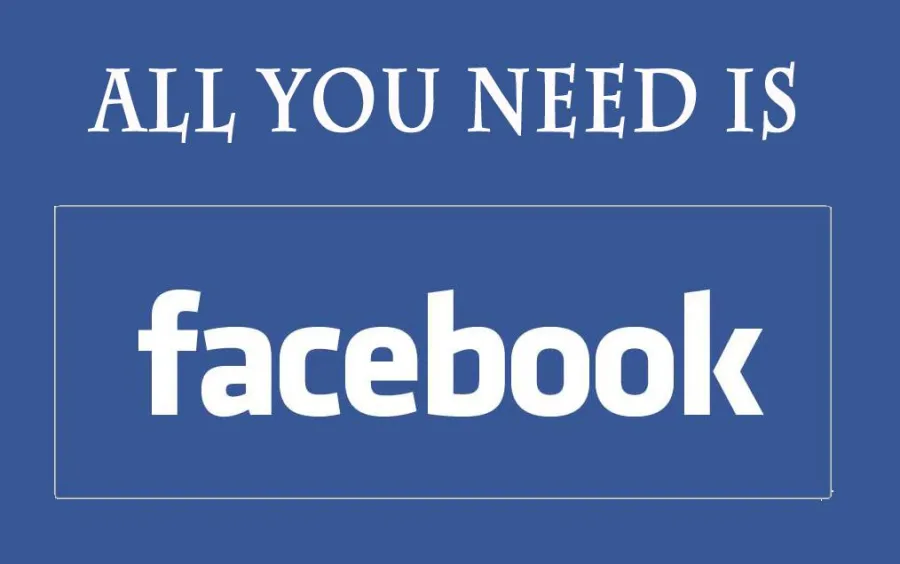Millions Of Facebook Users Have No Idea They're Using The Internet

From Andrew Jay Schwartzman's The Daily Item
As the FCC moves towards its climactic February 26 vote on Net Neutrality rules, a lot of the last minute lobbying has focused on "zero rating," the practice of providing access to certain websites or services without the usage counting against a customer's data usage cap. (You can read more here.) Zero rating is common in developing countries, and Facebook is a leading proponent. Facebook's long term plan is clear; it wants the entire planet to be connected via Facebook. While this may be laudable (and profitable), critics worry that many people will be doomed to have less than complete access to everything on the Internet. Whether or not this concern is well-founded, this research suggests that many people don't understand the difference between the Internet and Facebook.
Millions Of Facebook Users Have No Idea They're Using The Internet
It was in Indonesia three years ago that Helani Galpaya first noticed the anomaly.
Indonesians surveyed by Galpaya told her that they didn't use the internet. But in focus groups, they would talk enthusiastically about how much time they spent on Facebook. Galpaya, a researcher (and now CEO) with LIRNEasia, a think tank, called Rohan Samarajiva, her boss at the time, to tell him what she had discovered. "It seemed that in their minds, the Internet did not exist; only Facebook," he concluded. "It seemed that in their minds, the Internet did not exist; only Facebook."
In Africa, Christoph Stork stumbled upon something similar. Looking at results from a survey on communications use for Research ICT Africa, Stork found what looked like an error. The number of people who had responded saying they used Facebook was much higher than those who said they used the internet. The discrepancy accounted for some 3% to 4% of mobile phone users, he says.
Since at least 2013, Facebook has been making noises about connecting the entire world to the internet. But even Sheryl Sandberg, Facebook's operations head, admits that there are Facebook users who don't know they're on the internet. So is Facebook succeeding in its goal if the people it is connecting have no idea they are using the internet? And what does it mean if masses of first-time adopters come online not via the open web, but the closed, proprietary network where they must play by Facebook CEO Mark Zuckerberg's rules?
This is more than a matter of semantics. The expectations and behaviors of the next billion people to come online will have profound effects on how the internet evolves. If the majority of the world's online population spends time on Facebook, then policymakers, businesses, startups, developers, nonprofits, publishers, and anyone else interested in communicating with them will also, if they are to be effective, go to Facebook. That means they, too, must then play by the rules of one company. And that has implications for us all.
CWA members oppose AT&T’s attempts to stop serving rural and low-income communities in California
CWA urges FCC to deny industry attempts to loosen pole attachment standards
CWA District 6 reaches agreement with AT&T Mobility



